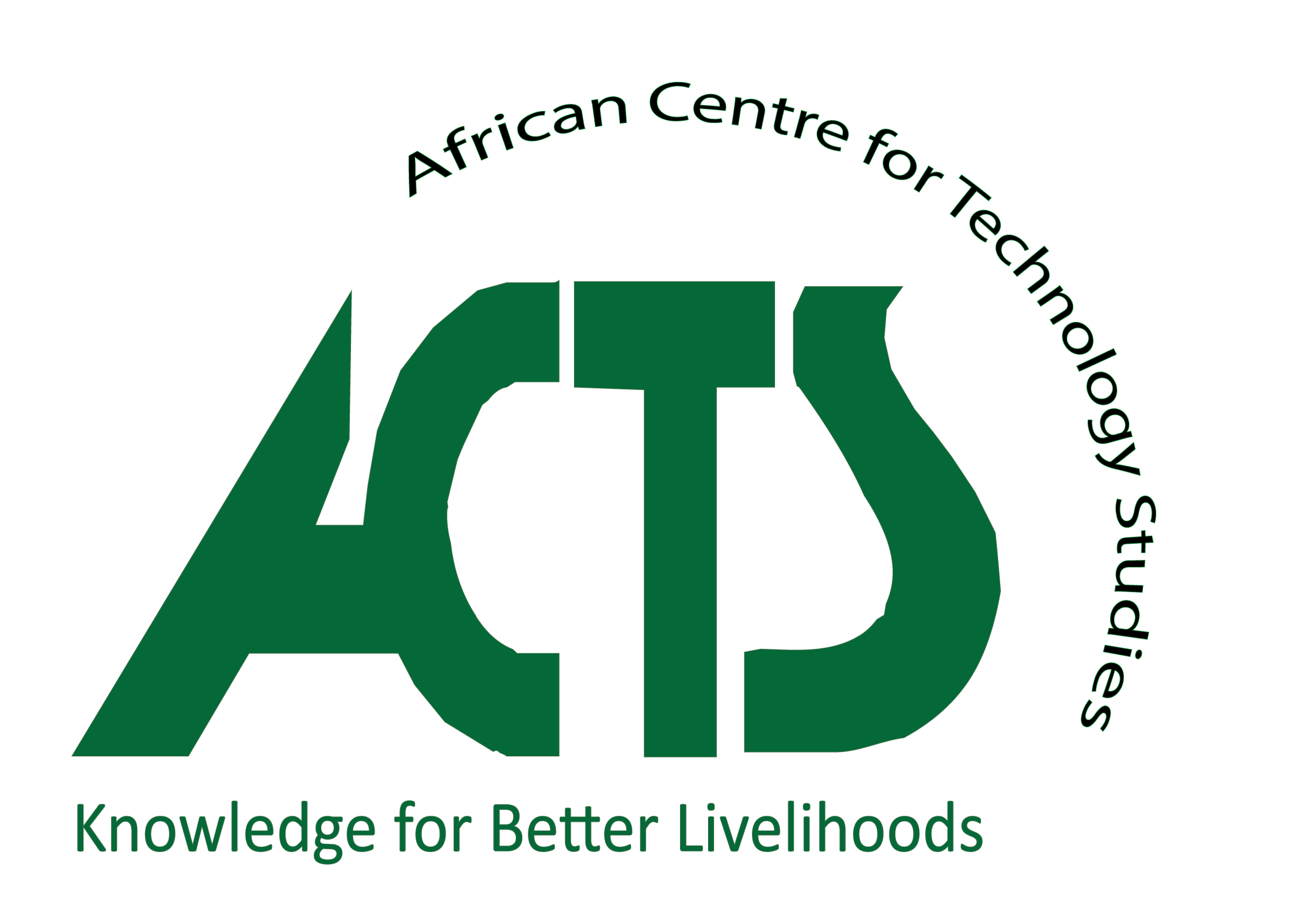Authors: Gillian F. Achieng and Joel Onyango
Achieving sustainable development and the United Nations' Sustainable Development Goals (SDGs) is of vital importance to climate action. In a world grappling with the urgent need for transformative change, the pursuit of sustainable development has emerged as a rallying call for a harmonious coexistence between humanity and the planet.
[1] Central to this mission is the imperative of climate action, a dynamic force capable of steering our global trajectory towards a more sustainable future. Embedded within this pursuit are 17 SDGs aimed at addressing a myriad of challenges facing our world. The crux of this transformative journey lies in understanding and leveraging the profound connection between climate action and the realization of these SDGs. As we stand at the crossroads of environmental stewardship and societal progress, it is imperative to delve into the intricacies of this interplay, unravelling the potential of climate action to propel us toward a more equitable, resilient, and sustainable world.[2] This blog underscores the need to understand and utilize the deep connections between climate action and the SDGs to navigate toward a future that is more equitable, resilient, and sustainable for both humanity and the environment.
Climate action is not just an independent goal but is intricately linked with and instrumental to the success of other SDGs. At the heart of this symbiosis is Goal 13: Climate Action, serving as both a standalone commitment and a linchpin interwoven with various other SDGs.[3] Mitigating climate change goes beyond temperature reduction; it safeguards life below water (SDG 14) and life on land (SDG 15), emphasizing the inextricable link between environmental preservation and sustainable development. Moreover, the marriage of climate action with SDG 9, Industry, Innovation, and Infrastructure, propels a technological renaissance.[4] This shift not only reduces carbon footprints but also stimulates innovation, laying the foundation for sustainable economic growth. Climate resilience initiatives, closely tied to SDG 2 (Zero Hunger), ensure food security by fortifying agricultural systems against the unpredictable impacts of climate change. In general, tackling climate change is about more than just reducing global temperatures; it's about initiating a widespread transformation across various sectors, leading to environmental preservation, technological advancement, and sustainable economic growth.[5] This message underscores the interconnected nature of climate action and its fundamental importance in achieving overall sustainable development.
The broad-reaching impact of embracing renewable energy not only combat climate change but also spur economic growth and job creation. Embracing renewable energy sources and sustainable practices, as promoted by SDG 7 and SDG 12, not only reduces carbon footprints but also aligns with the overarching mission of eradicating poverty (SDG 1) and fostering prosperity for all (SDG 8).[6] The ripple effect extends to sustainable cities and communities (SDG 11), as climate-conscious urban planning and green infrastructure become integral components of resilient urban landscapes. Furthermore, climate action intertwines with SDG 9, Industry, Innovation, and Infrastructure, as the transition to a low-carbon economy stimulates technological advancements with far-reaching benefits.[7] These innovations not only mitigate climate change but also contribute to economic growth and job creation. Climate resilience initiatives, often linked with SDG 2 (Zero Hunger), ensure food security by fortifying agricultural systems against the impacts of climate change.[8] This highlights the interconnectedness of SDGs and the comprehensive benefits of prioritizing renewable energy and sustainable practices in our pursuit of a more sustainable and equitable world.
In conclusion, achieving sustainable development through climate action is not only a moral imperative but a strategic necessity. As we stand at the nexus of climate action and sustainable development, it is imperative to recognize the interconnectedness of these efforts. By addressing climate change comprehensively, we not only protect the environment but also lay the groundwork for achieving the broader spectrum of SDGs.[9] This intersectionality underscores the urgency for collaborative efforts from governments, businesses, and individuals to propel our world toward a future where ecological balance, social equity, and economic prosperity coexist harmoniously. In essence, climate action is not merely a task confined to one goal; it is the linchpin that unlocks the potential for holistic, sustainable development on a global scale.
As we navigate the challenges and opportunities of our time, it is clear that the path to a sustainable future requires a concerted, collaborative effort. The interconnection between climate action and the SDGs is not just a framework for global development, but a call to action for each one of us. We must recognize the power of individual and collective action in driving significant change. Embrace renewable energy and sustainable practices in your communities and businesses. Advocate for policies that support clean energy (SDG 7), responsible consumption (SDG 12), and innovative infrastructures (SDG 9). Every step towards reducing our carbon footprint contributes to a larger movement against climate change and its myriad impacts on poverty eradication, economic growth, and creating sustainable cities.
[1] https://www.nature.com/articles/s41558-021-01098-3
[2] https://sdgs.un.org/sites/default/files/2023-09/UN%20Climate%20SDG%20Synergies%20Report-091223B.pdf
[3] https://www.nature.com/articles/s41598-023-47746-w#:~:text=Sustainable%20Development%20Goal%20(SDG)%2013,climate%20change%20and%20its%20impacts.
[4] Ibid
[5]https://www.researchgate.net/publication/376678718_Challenges_for_Zero_Hunger_SDG_2_Links_with_Other_SDGs
[6] https://www.un.org/sustainabledevelopment/climate-action/
[7] Ibid
[8] https://www.un.org/en/our-work/support-sustainable-development-and-climate-action
[9] https://www.un.org/en/ecosoc/docs/pdfs/fina_08-45773.pdf


